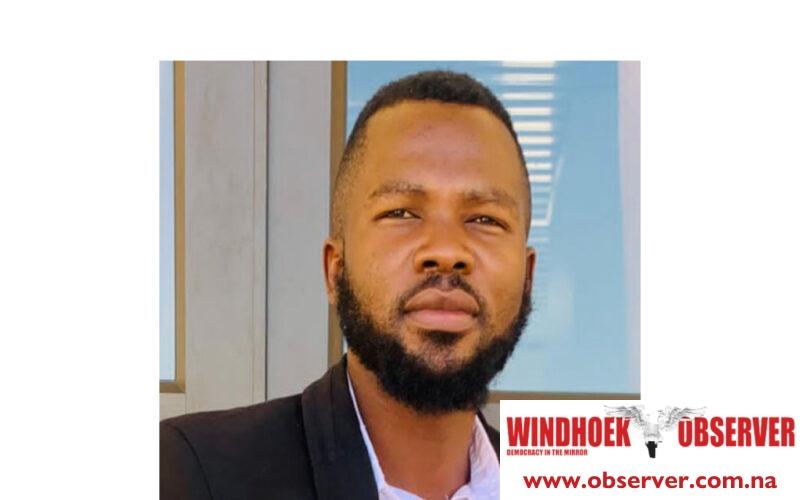Sakaria Johannes
In Namibia’s journey from colonialism to independence, many names have been etched into history. But not all of them have been celebrated equally. One such overlooked figure is Nahas Gideon Angula, a key architect of Namibia’s education system and a quiet giant of nation-building.
Angula served as Namibia’s first Minister of Education, Culture, Youth and Sport after independence in 1990. Tasked with dismantling the apartheid-era education system, he led the transformation toward an inclusive and equitable system that aimed to serve all Namibians, not just a privileged few.
Under his leadership, sweeping reforms were introduced. A new national curriculum was crafted to reflect Namibia’s identity, values, and future aspirations. Teacher training was prioritised. Access to education, especially for children in rural and previously neglected areas, became a national priority. His tenure laid the foundation for the modern Namibian education system.
Institutions like the Namibia College of Open Learning (NAMCOL) and the development of the University of Namibia (UNAM) reflect Angula’s vision of broad, accessible, and locally relevant education.
Yet today, no university, college, or even a public school bears Nahas Angula’s name. This silence is striking.
Naming public institutions after national leaders is not just symbolic, it shapes our public memory and teaches future generations about the people who built the nation. For someone who dedicated his career to giving Namibians the tools to educate themselves, the lack of public recognition is a glaring omission.
Why has this recognition not come? Part of the reason may lie in Angula’s modesty. Known for his quiet leadership style, he has never sought the limelight. Unlike more publicly celebrated figures, he often let his work speak for itself. This humility, however admirable, may have caused his legacy to fade from public attention.
But his contributions remain foundational. Beyond education, Angula also served as Prime Minister from 2005 to 2012. Yet it is his role in shaping Namibia’s post-apartheid education system that arguably had the most enduring impact.
Honouring Angula by naming a school, college, or university after him would serve as more than a personal tribute; it would reaffirm the nation’s commitment to education, justice, and equality. It would remind young Namibians that transformation is possible through ideas, policy, and leadership.
As we continue to define who we are as a nation, we must ensure that we do not forget those who shaped our future from behind the scenes. It’s time Nahas Angula’s name found a permanent place where it belongs: in the halls of learning he helped create.
*Sakaria Johannes is a political science graduate from the University of Namibia (Unam). His interests are decoloniality, justice and Pan-Africanism. He can be reached at sackyuutsi@gmail.com.



